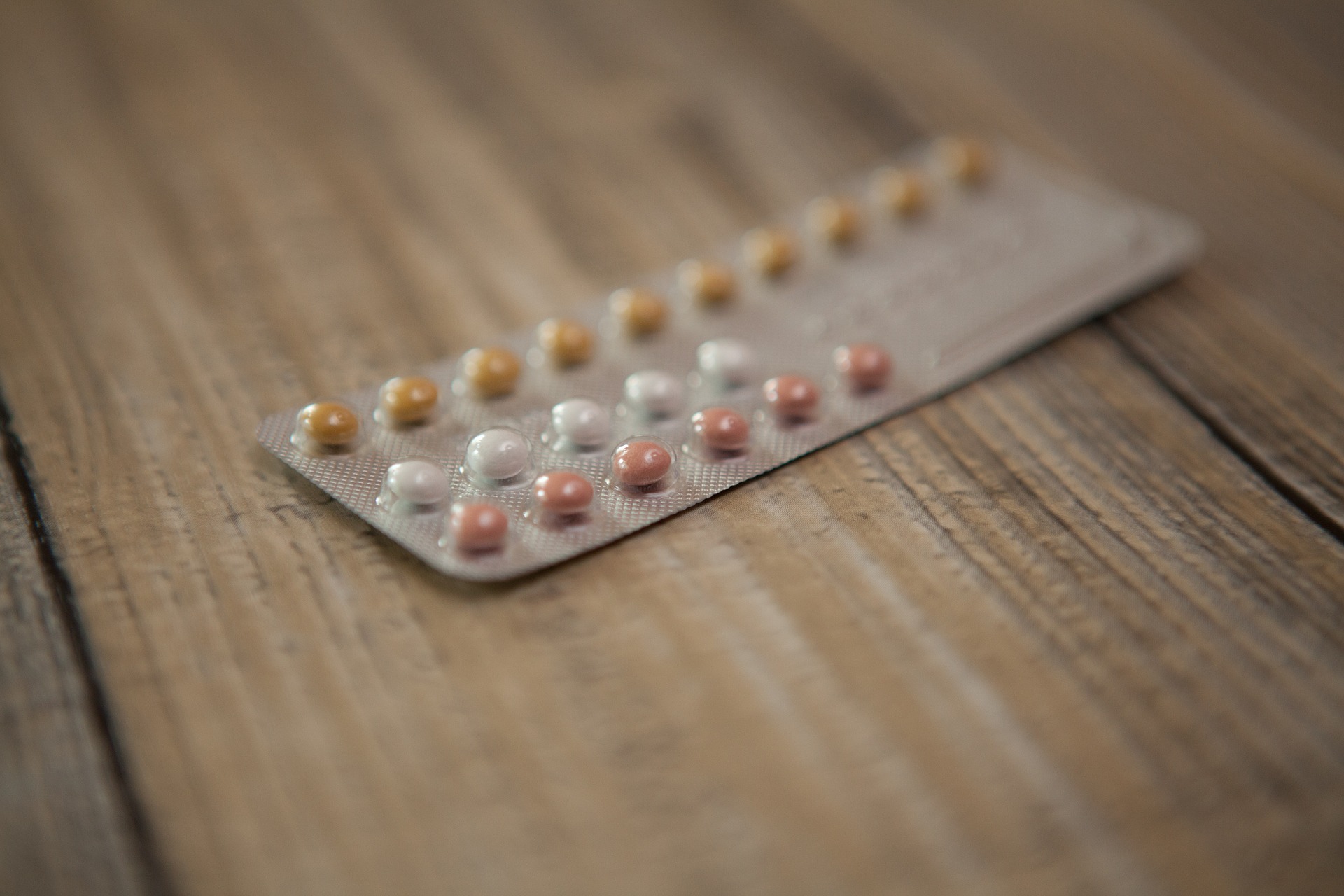For many students, the end of September means just one thing: Freshers’ Week. Like Gatsby, students are lost in the euphoria of alcohol and independence, and sexual promiscuity has transitioned from frowned upon to normalised. You are an adult now, you live by yourself and this new found freedom means many will be exploring with different sexual partners. This year, almost like a gentle reminder from a worried parent or aunt, Freshers’ Week coincides with ‘Sexual Health Awareness Week’.
Sex is something everyone experiences. Both accepted and expected amongst students, the university is seen as a hotbed for sexual promiscuity. The NHS has a whole sex-related section on their website. Headlines include: “Sex is good for your heart”; “Sex can be a stress buster” and “People who have sex feel healthier.” While people are often happy to lecture about sex, the importance of sexual health is often forgotten in the frenzy of being a fresher. People do not turn a blind eye to sex, just the important stuff that comes with it.
Whilst it is the 21st century and sexual health services are there to aid young people in making the right choices when it comes to contraception, a thick cloud of stigma and judgment arguably still surrounds this. Barely anyone bats an eyelid at someone taking the contraceptive pill, but how many times have people felt their entire body burn when buying condoms, instead of rushing to a self-checkout or ordering them online to save any embarrassment? To top this, how many times have you been able to waltz into a pharmacy, look the pharmacist straight in the eye and ask for emergency contraception? If you’re anything like the mass consensus, the answer to this is probably never.
“People do not turn a blind eye to sex, just the important stuff that comes with it”
This day-to-day stigma still surrounds sexual health and is experienced by nearly everybody at some point in their life. So, why is it that we reward ourselves in having sex yet feel embarrassed when we protect ourselves? And how do we resolve this?
For many people, forms of contraception such as the pill, the implant or the coil are much more effective. Not only are they discrete but they are also more cost effective. However, a key part of sexual health awareness is knowing how to protect yourself safely. Whilst contraceptive pills are often advised and for the most part safe, some have side effects which can be life-changing. For example, if you were to google ‘Rigevidon’, you would find a myriad of articles warning young girls about its side effects. These include weight gain, acne and most importantly depression. To add to all this, in 2015 a 21-year-old was reported to have died after being on the pill for just three weeks after developing a blood clot in her lung.
This doesn’t mean to say to avoid the pill. Not all pills are dangerous and some work perfectly for certain people. It is, however, important to research different pills and know which ones fit you regarding their hormonal and other effects. Consent to what you are putting in your body because sexual health is inextricably linked to your overall health and well-being. So, while everything may be changing and progressing, change for the better. Be less afraid to take ownership of your sexual health. People buy condoms, people have to get the morning after pill and people use contraception. Sex is a part of being human as are all of these things. If sex is so normalised, contraception should be too.
Millie Vausdevan

